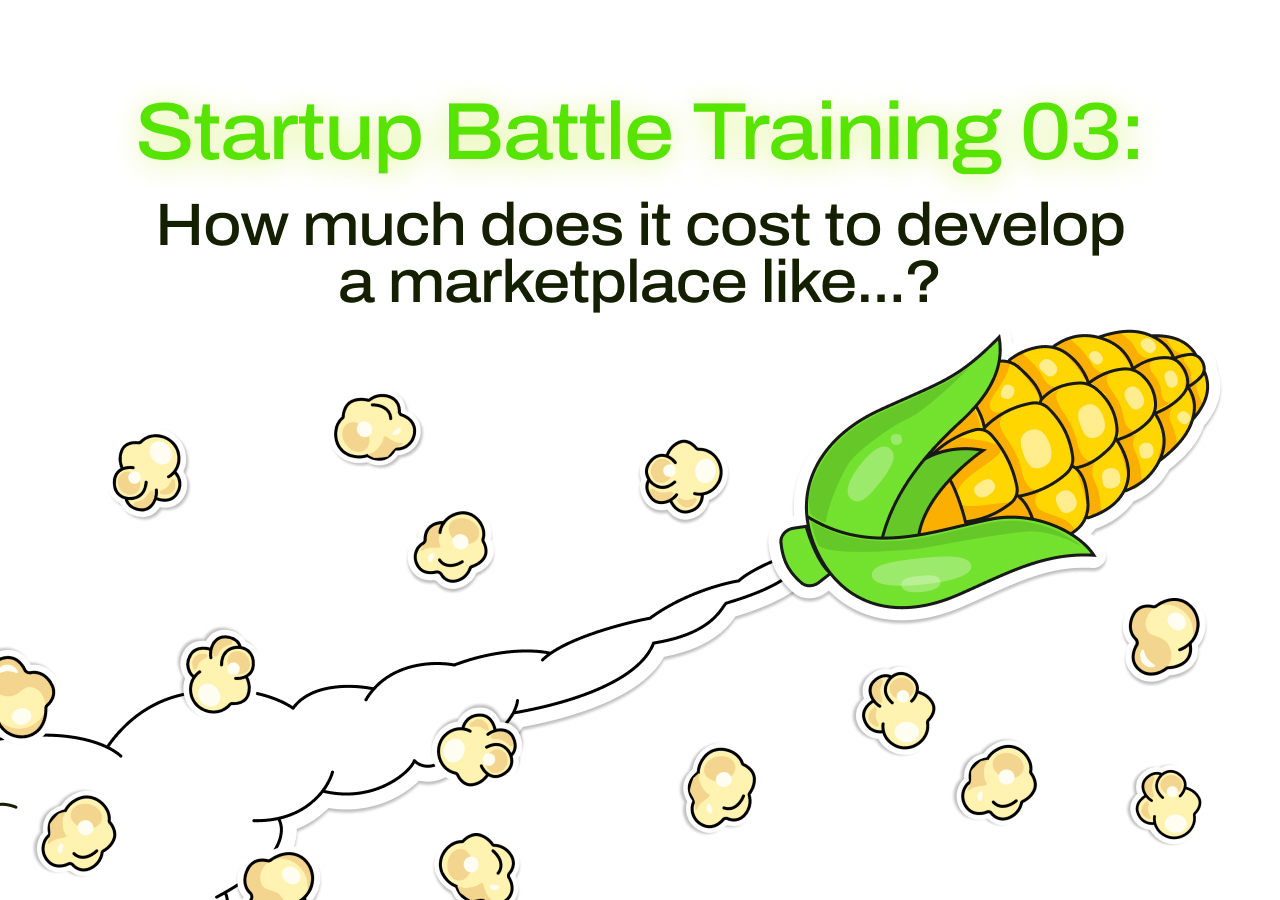In this article, we want to discuss an interesting question that people often ask website developers. Namely: “I want a site like, for example, OLX.” We'll provide some clarification on the level of such a project and the common misunderstandings clients have when they dream of creating something similar. So, let's begin!
Meaning, value, and mission of the project
The OLX website is a massive marketplace with huge traffic and, naturally, huge income. But this also means that a whole team of specialists develops, services, and supports it. They have their own data center, their own development departments, and a customer support system. All of this requires significant investment.
When someone thinks about creating something similar, the first thing to understand is the scale of the task and what kind of investment they're willing to make in this project.
But investment isn’t the most important thing. Above all must be the meaning, value, and mission that the project will bring to the world. If it is created purely to make money, the project is doomed to fail, because everything based solely on profit inevitably collapses. Therefore, the site must offer some value, a useful additional service or opportunity for its visitors — something that motivates them to return, spend time, and spend money.
Clients often have a much simpler understanding of development; they don’t see what truly lies behind such a project. They think they can simply create a little website with a budget of $5,000, $10,000, or even $100,000 and expect it to be on the same level as OLX. But that is simply a common delusion.
OLX’s development budget alone is measured in hundreds of thousands of dollars — not to mention how much was spent on television advertising.
Its founders already had starting capital, vast experience, and a team of developers. Today, OLX has founded 16 companies and raised $1B.
Search Engine Rules
Previously, one could create a website optimized purely for search traffic. By structuring it a certain way, it would automatically generate pages targeting keywords for specific cities, regions, or ad categories — and such a site could easily rank at the top of search results.
For example, someone searches “buy a bed in London” and your site appears at the top because it generated content for that query. But the rules of search engines have changed, and such meaningless doorway pages have been pushed out of search results. That approach no longer works. This method is outdated, and now it’s no longer possible to quickly launch and rank a site by driving large traffic this way.
Now, we are entering the era of Generative Engine Optimization (GEO). AI engines like ChatGPT, Gemini, Perplexity are shaping SERPs based on content understanding, not just keywords. That means:
Structured responses — FAQs, tables, lists
Semantic headlines, entity-aware content
Support for macro/generic phrases (like “buy books in Seattle”)
When a site is embedded in LLM-search, it receives AI-native traffic — without user effort. This is the new SEO.
This also brings new AI capabilities, such as:
AI Search Engine: supports voice, visual queries, and synonyms
Auto SEO + content agents: AI generates Title, Description, alt, and listing descriptions automatically
AI moderation: auto-filtering of content (text, images, unwanted words)
AI product import: understands seller’s data structure and auto-categorizes products
All of these elements must now be considered when designing a marketplace — not to mention Web3 features.
Project Budget
As mentioned earlier, OLX had a vast knowledge base, developers, experience, and, of course, funding to get started. When considering a project like this, you must understand it will need financial support for several years — for development and promotion.
For projects of this scale, the budgets start at a minimum of $300,000–$1,500,000 per year.
If you invest for one year and then the money stops, your initial investment will likely be lost too. There must be a clear plan for annual growth and reinvestment in development. So, having only a small amount of capital and expecting a quick return or even some ROI in a year or two is very unlikely. You should be extremely careful and thoughtful when planning such a project.
Technical Specification
The technical spec is another painful point for any potential client or entrepreneur planning an online project.
We’ve encountered many people wanting to launch their own platforms — and none of them had a properly written technical specification. The client says: “I have it all in my head; I can explain everything.” But that means the developer must dedicate a huge portion of time to extract this information, materialize it, and format it as a formal, written, approved spec. Only based on this spec can proper development begin.
Everything needs to be defined: what sections will exist, how the user account will look, how product cards and the homepage will be designed. All of this should be written down and documented because it becomes the foundation for the full technical spec and accurate project estimation. You simply can’t start without it.
Niche and Expertise
This is closely tied to the first point — value, meaning, mission. A marketplace must be built for a specific niche, industry, or specialization. If someone doesn’t understand that industry but wants to invest in it, it’s a very risky investment, and there’s no guarantee it will pay off.
The projects that survive and develop are the ones led by specialists in the field.
Often, someone has earned money or has some savings and decides to invest in a site — but can’t decide on the niche. Most are attracted to classifieds. They look at OLX and start saying it’s slow, inconvenient, buggy — even though, in reality, everything works perfectly, and the tech support team responds lightning-fast to improve the service and keep it fast, simple, and accessible.
They somehow see flaws, want to make it better — but their budget compared to OLX is non-existent. They have only enthusiasm and the desire to earn — but that alone doesn’t get the job done.
So, this is our attempt to answer the question: how do you build your own marketplace like OLX — one that brings in absurdly high income? :)
How to reduce marketplace development costs?
To test your business hypothesis and niche, it’s more reasonable to use a ready-made marketplace script than build everything from scratch. This approach is significantly cheaper and much faster. Built-in functionality and modules will help you customize the project to your needs.
We’ll share examples of niche ideas worth exploring in our next article.















